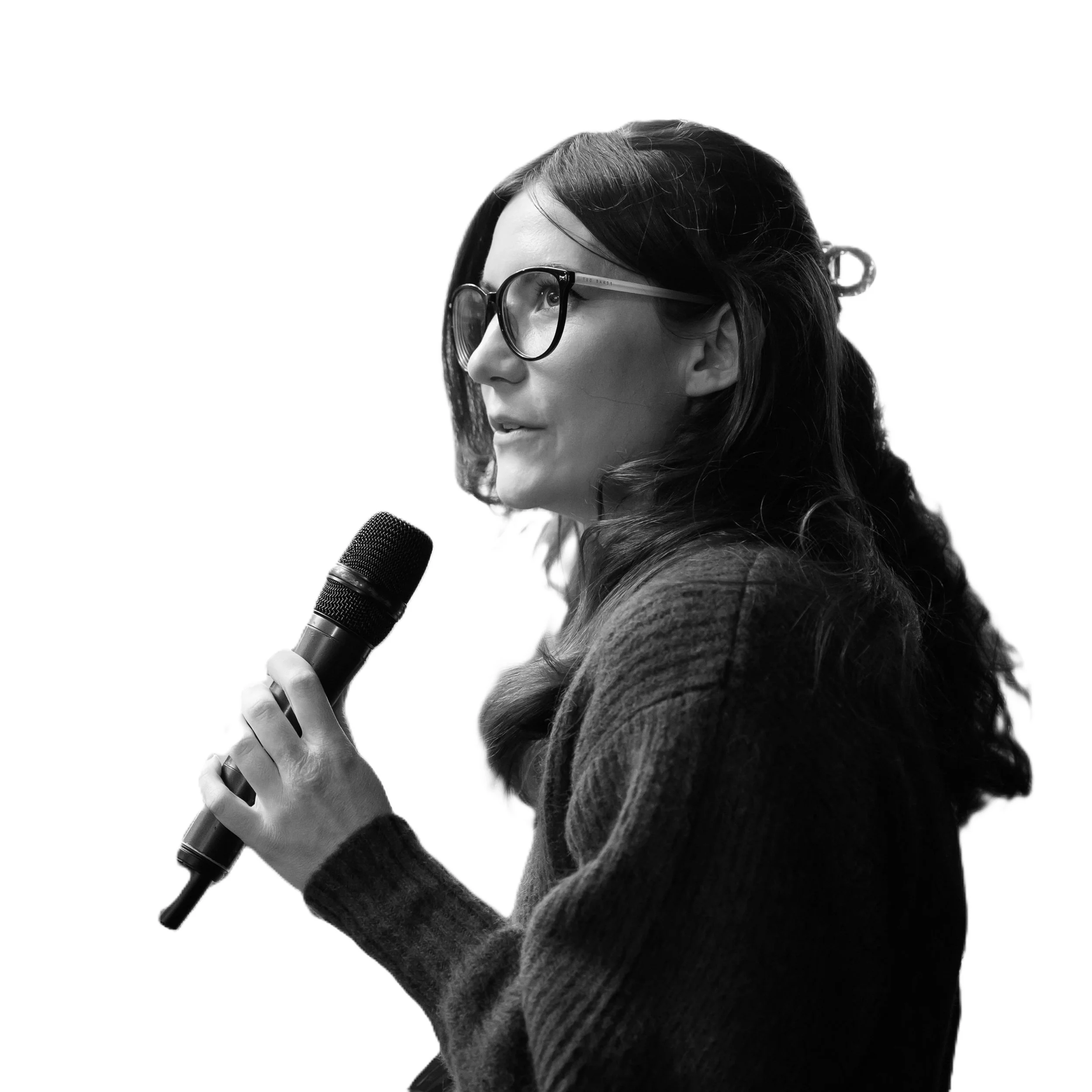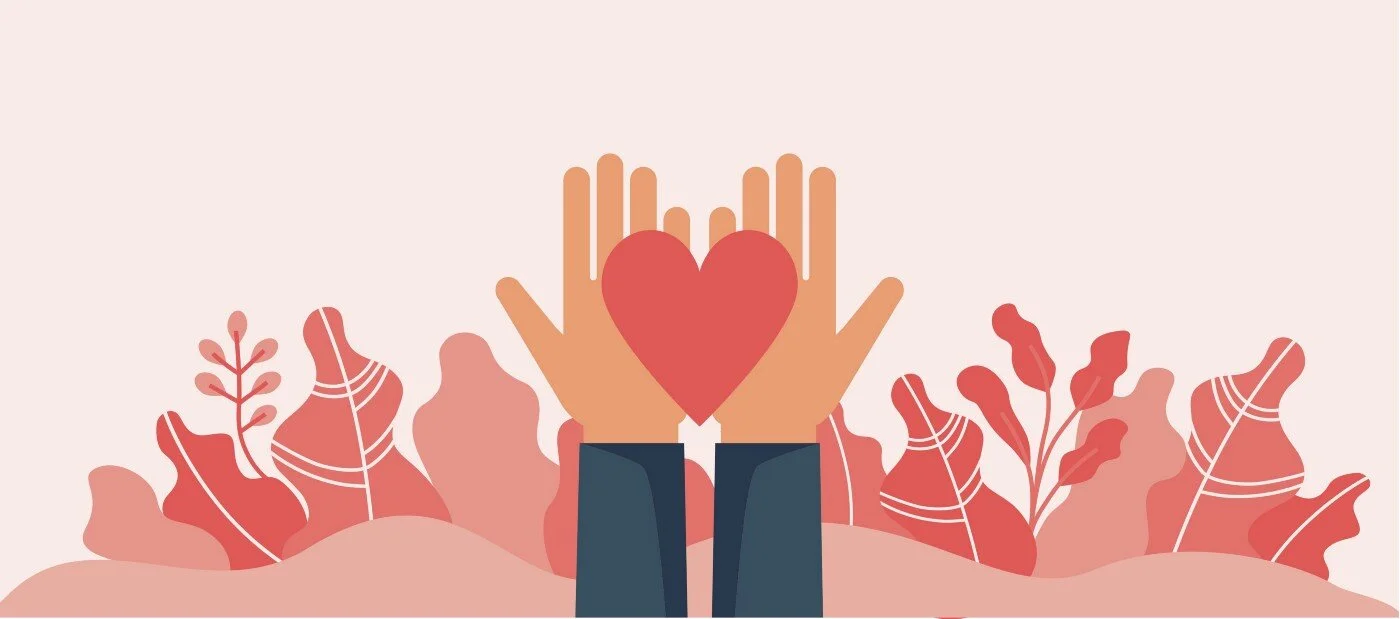In today’s post, Dr Ann Kayis-Kumar, Professor Fiona Martin, Dr Jack Noone and Professor Michael Walpole from the University of New South Wales explain that many sole traders in Australia are experiencing financial hardship in the current pandemic because they are behind on their tax paperwork. Those helped by the UNSW Tax Clinic who were behind on their quarterly Business Activity Statements were, on average, seven years behind. Their financial vulnerability has long-term and widespread implications. This article was originally published in The Conversation.
Read MoreIn this post, Dr Belinda Townsend from ANU (@BelTownsend) says Australia can play a greater role in supporting mechanisms for affordable access to new treatments and vaccines for COVID-19. This piece was originally published on the East Asia Forum as part of its special feature series on the novel coronavirus crisis and its impact, prior to the 73rd World Health Assembly.
Read MoreIn today’s post, Dr Andrew Joyce, Dr Perri Campbell, and Aurora Elmes from the Centre for Social Impact Swinburne argue that a social enterprise focused Job Guarantee could be an important part of a suite of policies to address imbalance in the labour market in the wake of COVID-19.
Read MoreMillions of Australians are currently dependent on some form of government welfare payment, and many are experiencing financial stress for the first time. As the consistently poorest household type in Australia, single mothers are disproportionately acquainted with the distress of trying to maintain a household on low welfare payments and precious employment. Unsurprisingly, new ABS data indicates that single mothers have had the worst employment outcomes during COVID-19. In today’s analysis, Margaret Ambrose of the Council for Single Mothers and their Children reports on the findings of a national survey of single mothers to uncover what their pain points are, and how these might be addressed to increase their financial security and place them and their children on a positive trajectory.
Read MoreIn partnership with the National Foundation for Australian Women (@NFAWomen), we are running a series of pieces that analyse how the Covid-19 pandemic is differentially impacting on women. In today’s piece, Marie Coleman[1] (@MarieCo92176893) examines the situation surrounding early childhood education and child care, and considerations for families, governments, providers/services coming out of the pandemic.
Read MoreIn today’s post, Matt Cowgill and Brendan Coates from the Grattan Institute explain why Labour Force data released by the Australian Bureau of Statistics on 14 May 2020 doesn’t capture the full impact of COVID-19 on jobs. This post is republished from the Grattan blog.
Read MoreThe Royal Commission into Family Violence identified economic abuse as a mostly hidden but highly prevalent method for exerting power and control. In response, the Economic Abuse Reference Group (EARG) was established to ensure that a holistic response to economic abuse is embedded across government, industry and essential services. In today’s post, Dr Madeleine Ulbrick (@MaddyUlbrick) of Good Shepherd Australia New Zealand and Carolyn Bond AO (@carolynLBond) of EARG share highlights from their recently-released report, Responding to Financial Abuse.
Read MoreOne in ten Australians provide care for a loved one, sustaining families and saving governments huge sums on care services. Associate Professor Myra Hamilton explains why COVID-19 has increased the pressure for Australia’s many unpaid carers and the impact this is having.
Read MoreHistorically, epidemics have brought a double threat: first to Indigenous health, then to Indigenous self-determination. Here Aileen Marwung Walsh and Laura Rademaker explain why Indigenous self-determination is vital to beat COVID-19.
Read MoreIn partnership with the National Foundation for Australian Women (@NFAWomen), we are running a series of pieces that analyse how the Covid-19 pandemic is differentially impacting on women. In today’s analysis Kathy McDermott of NFAW provides the first in a three-part series that looks at women and employment. Today’s piece examines the undervaluing of female-dominated industries.
Read MoreIn partnership with the National Foundation for Australian Women (@NFAWomen), we are running a series of pieces that analyse how the Covid-19 pandemic is differentially impacting on women. In today’s analysis Kathy McDermott of NFAW provides the second in a three-part series that looks at women and employment. Today’s piece examines changes in legislation that are curtailing worker’s rights.
Read MoreIn partnership with the National Foundation for Australian Women (@NFAWomen), we are running a series of pieces that analyse how the Covid-19 pandemic is differentially impacting on women. In today’s analysis Kathy MacDermott of NFAW provides the first in a three-part series that looks at women and employment. Today’s piece examines the JobKeeper payment.
Read MoreAt the time of writing the Australian Government’s COVIDsafe app has been downloaded more than two million times. In this repost from The Conversation, Dr. Mahmoud Elkhodr from Central Queensland University tells us how the app works, how its delivering on privacy concerns and some of the issues that have arisen.
Read MoreAcross Australia, most families are sheltering at home. In today’s analysis, Elizabeth Hill (@ElizabethHill00), of University of Sydney (@SydneyUni) and the Australian Work and Family Policy Roundtable, explains how that is differentially impacting women and how this moment in time can strengthen our social norms and economy going forward.
Read MoreIn partnership with the National Foundation for Australian Women (@NFAWomen), we are running a series of pieces that analyse how the Covid-19 pandemic is differentially impacting on women. In today’s analysis Helen Hodgson, of Curtin University (@CurtinUni), provides a helpful explainer of changes to early access to superannuation and the differential impacts on women who choose to access these funds.
Read MoreGeorgia Lee (a pseudonym), academic and activist, explains how kindness and solidarity are intrinsically linked - and can be the key for a new kind of politics - drawing on the refugees in onshore and offshore detention and the COVID-19 response as examples
Read More




















